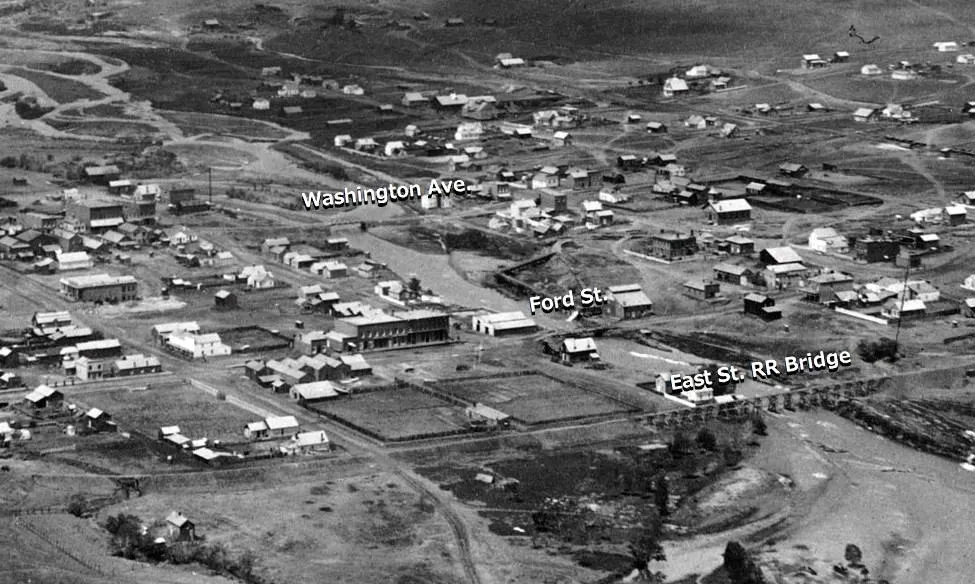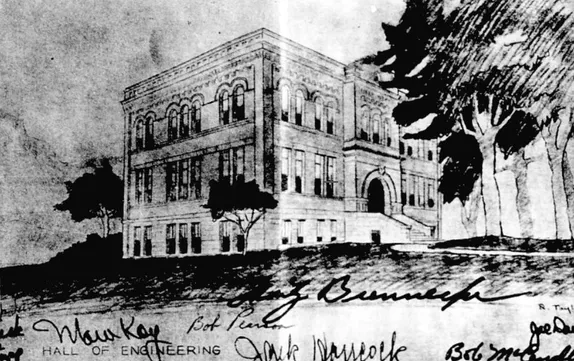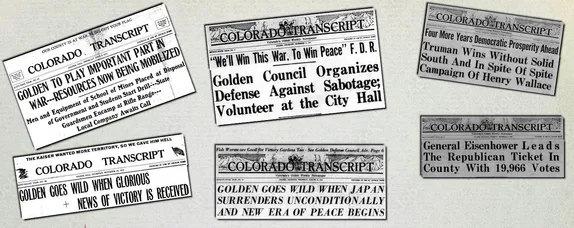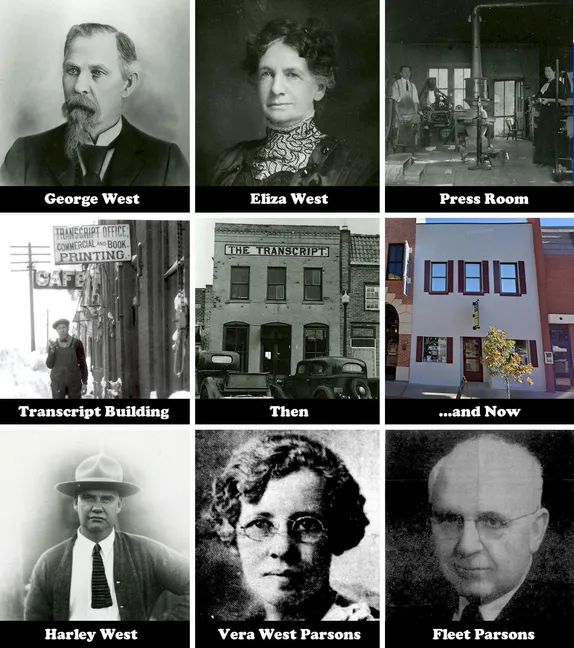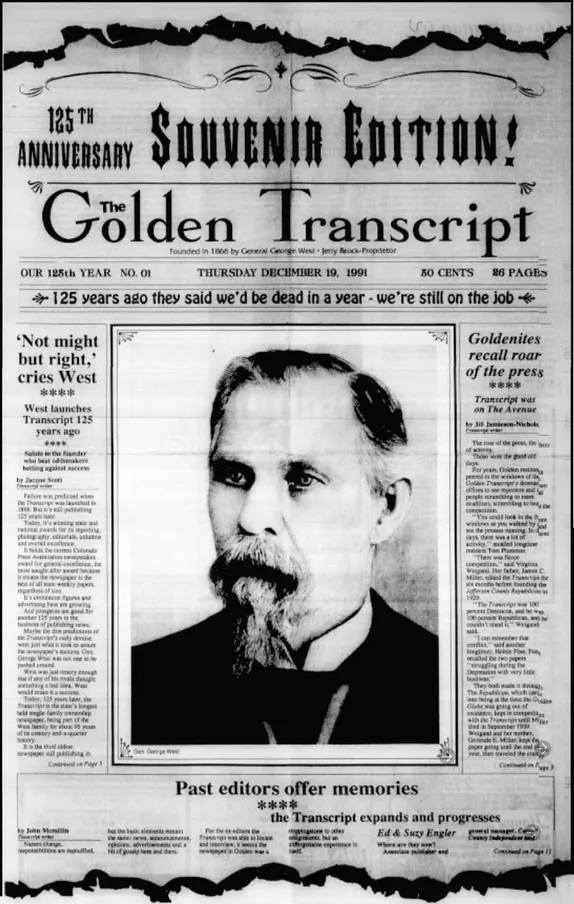131 Years Ago
The November 29, 1893 Colorado Transcript described “An Act Worthy of a Sioux Indian.” On Sunday, November 25th, Mrs. John McCurdy was awakened by groans coming from her 18 year old son’s room. She and her husband entered his room and found him covered in blood. The young man identified his much older step-brother, Alex McCurdy, as his attacker.
Alex had accused the young man of having an affair with his wife. As revenge, he knocked him out and castrated him. Alex then left town. A deputy was sent to Denver to look for him, and was expected back on Sunday evening. According to the Transcript,
…there would probably have been a hanging bee, as the people are aware that the lawful penalty for such a fiendish act is entirely inadequate, it being only imprisonment in the penitentiary from one to three years. A big crowd gathered at the Lakewood depot when the evening train came in, but as the expected culprit was not there the crowd quietly dispersed but with mutterings loud and deep.
Colorado Transcript – November 29, 1893
Alex was finally caught and tried the following spring. As anticipated, his sentence was three years in the penitentiary.
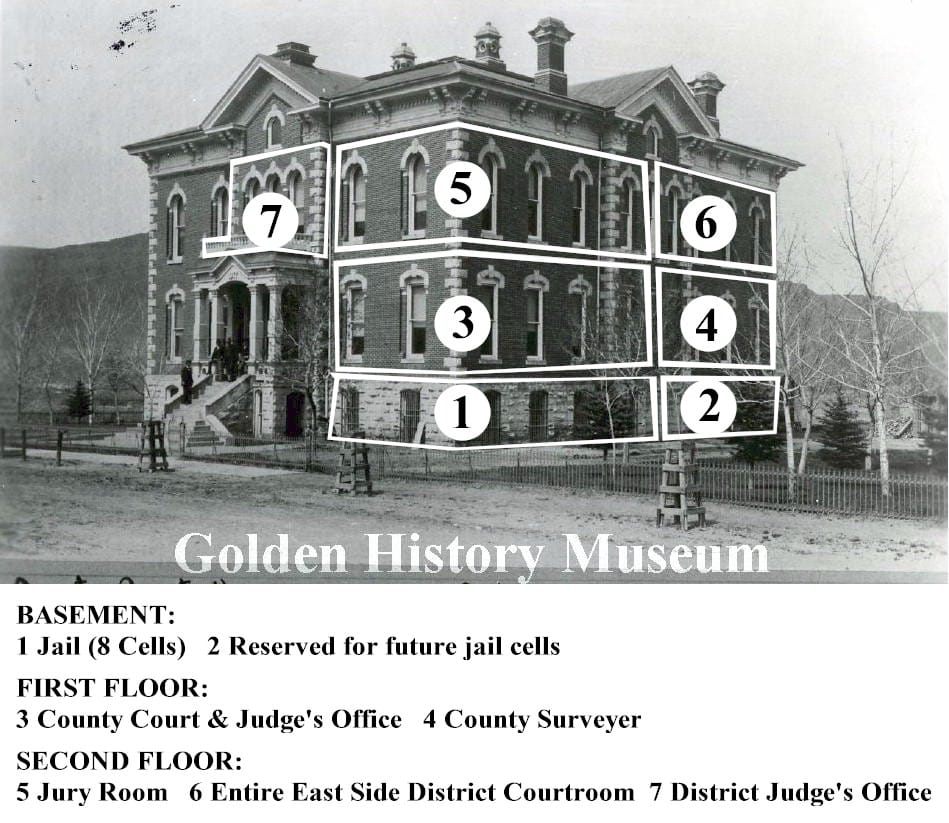
LYNCHING AT GOLDEN
Alexander McCurdy Meets a Worse Fate Than His Victim
The horrible crime committed by Alexander McCurdy of Golden against his step-brother, Arthur Berry, has been avenged. At an early hour Saturday morning McCurdy was taken from jail by a strong band of men, and after being accorded the same treatment which he had inflicted upon his victim, was lynched from a bridge across Clear Creek.
Colorado Transcript – June 6, 1894
That article went on to say that the Sheriff was aware of what was happening but was “unable to” get to the bridge in time to stop it. He did, however, catch two of the guards who were serving as lookouts for the lynching. They revealed the identities of the other participants.
The following morning, warrants were issued for the men who performed the lynching. The ring leader was George Vogel. Mr. Vogel disappeared from town for about ten days, then returned and surrendered himself to authorities. He provided bail and was released until the next court term.
The court evidently felt friendly toward George Vogel. So did the Transcript:
Mr. Vogel is one of our most enterprising business men, and all hope he will be able to clear himself of the charges which have been preferred.
Colorado Transcript – June 6, 1894
The trial took place the following November. As the leader of the lynch mob, Vogel was tried first. He was quickly found “not guilty;” whereupon, the charges against the other participants were dismissed.
Vogel seems to have gone on to lead a happy, successful life.
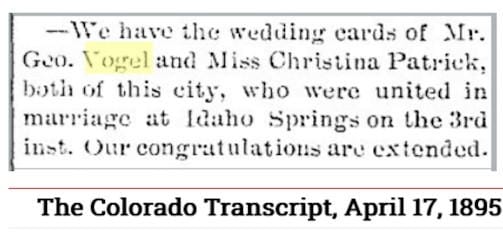
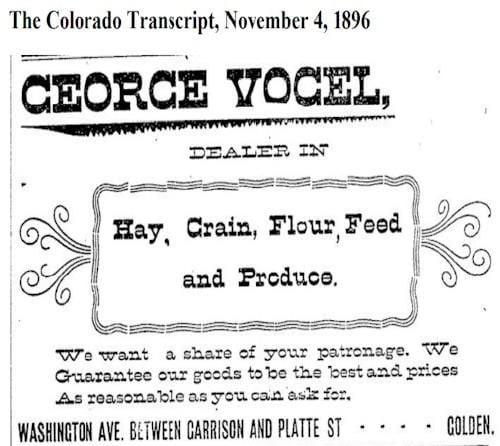
Vogel eventually sold his feed store in Golden and became a Coors distributor in Central City. He and Christina had several more children, all duly announced in the Transcript. He made periodic business trips to Golden, where, according to the Transcript, his friends were always glad to see him.
So apparently, lynching was both legally and socially acceptable in 1894.
Thank you to Wendy Weiman for sponsoring Golden History Moments for the month of November.

